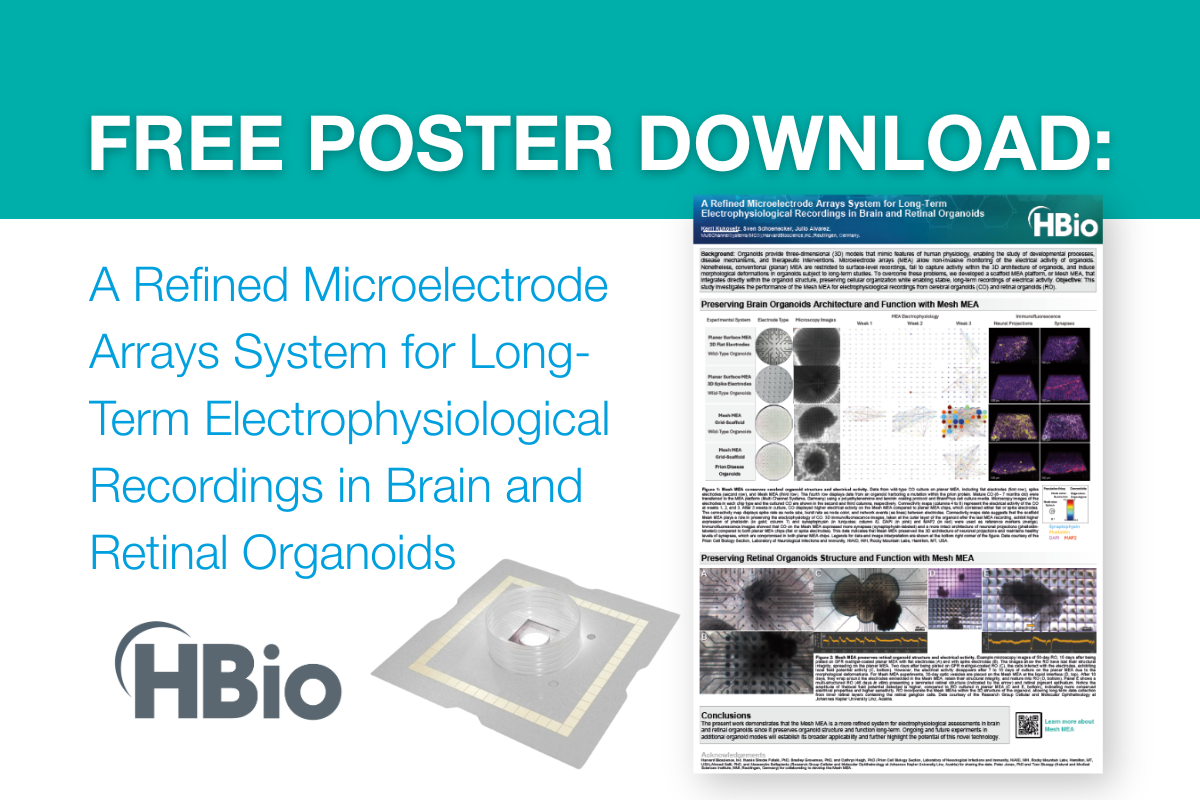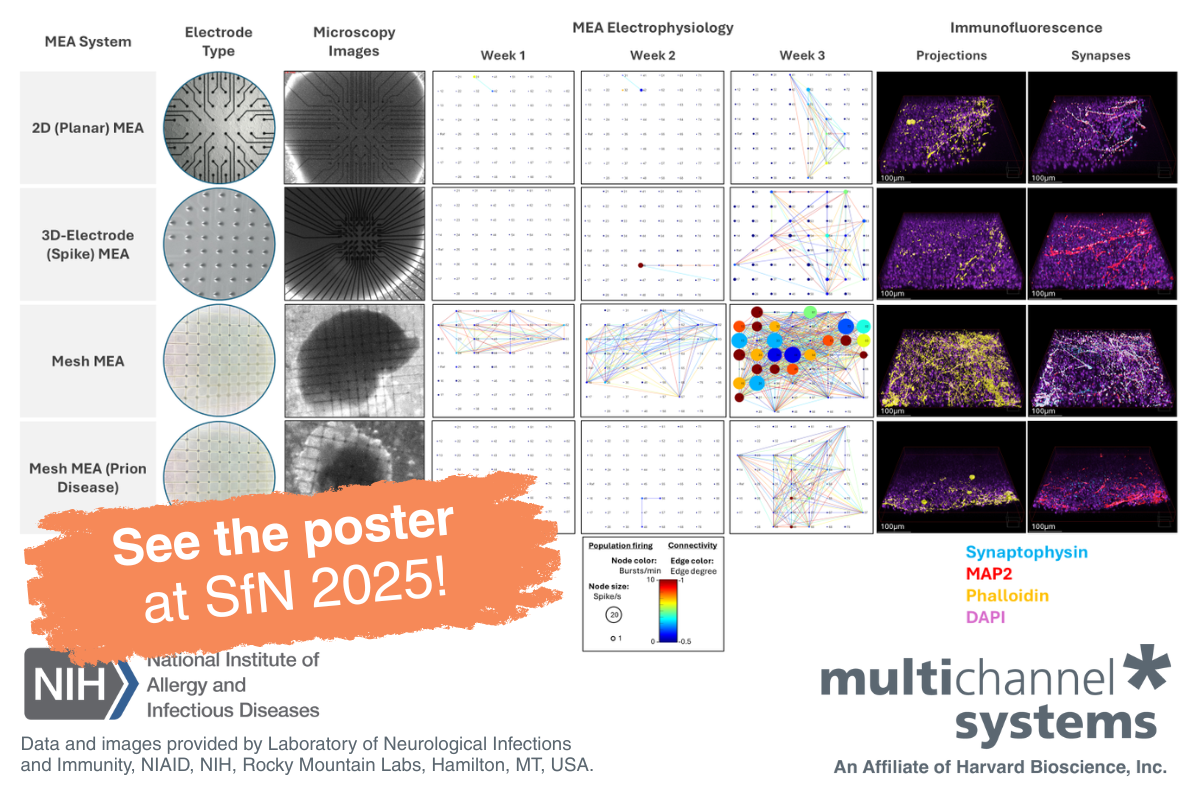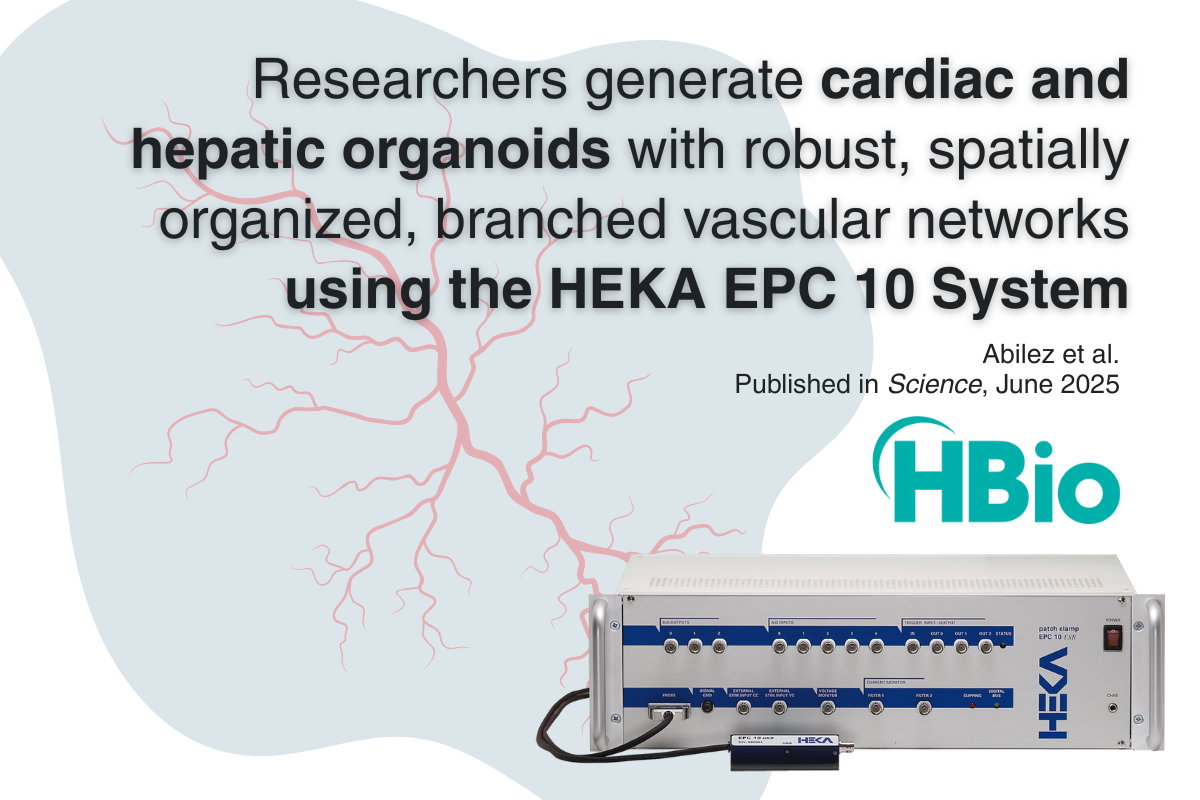
Video: Alzheimer's Research Solutions by Harvard Bioscience
Unlock the future of Alzheimer’s research with groundbreaking lab tools from Harvard Bioscience. This video showcases how our cutting-edge technologies, including BTX's electroporation systems, Biochrom's molecular analysis tools, and advanced electrophysiology solutions, accelerate discoveries in Alzheimer’s disease. From gene therapy to live cell imaging and cognitive testing in animal models, watch how Harvard Bioscience is building labs to advance Alzheimer’s research and equip the next generation of scientists with tools that could lead to life-changing breakthroughs.
Click here to watch the video!
Transcript:
Alzheimer’s disease is a progressive severe neurodegenerative brain disorder characterized by cognitive impairments and dementia. The pathogenesis of Alzheimer's disease is very complex, and despite research advancements, its underlying molecular mechanisms remain insufficiently understood, leading to a lack of effective treatment for this pathology.
Harvard Bioscience powers Alzheimer’s disease research with a complete package of laboratory tools and methods. BTX's electroporation systems simplify electroporation-enhanced gene transfer in vivo, the generation of genetically manipulated models, ease drug discovery using gene therapy.
Biochrom’s amino acid analyzers and spectrophotometers support the evaluation of molecular biomarkers in the idiopathogenesis of Alzheimer's disease, as well as assessing the metabolic status of patients with dementia.
Our electrophysiology divisions reinforce uncovering the underlying neurological causes and mechanisms of Alzheimer’s disease with means to study channelopathies, synaptic neurotransmission, and neural network dynamics. Warner's imaging chambers facilitate live cell imaging investigations in cell cultures and brain slices.
CMAs ultra-high cutoff microdialysis probes and push-pull systems help elucidate Alzheimer's disease pathology with longitudinal measurements of neurotransmitters and endogenous compounds in vivo, such as amyloid beta and tau proteins.
Wireless monitoring of brain activity in freely moving animals can be performed utilizing Multi Channel Systems’ headstages for high-resolution neural recordings, or DSI's telemetry implants for more longitudinal EEG examinations.
Panlab’s multifaceted tools and enable the identification of cognitive deficits in rodent models of Alzheimer's disease, from basic mazes and video tracking to integrate fear and operant conditioning boxes. Solutions can be tailored to explore processes related to learning, memory, attention, executive function, and more.
Together we help labs for the next generation of scientists to make the next discovery. We build these labs with reliable and professional solutions that give them the tools to change the world. We are unified. We are progressive. We are Harvard Bioscience.




